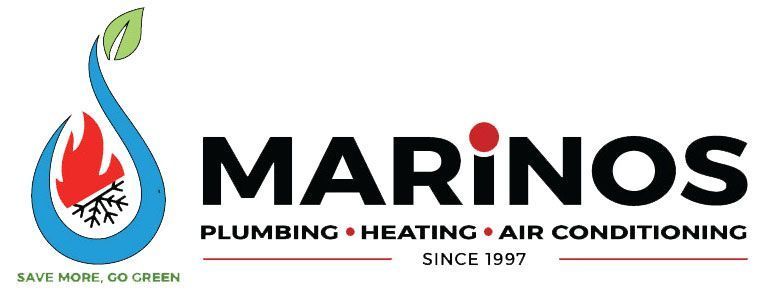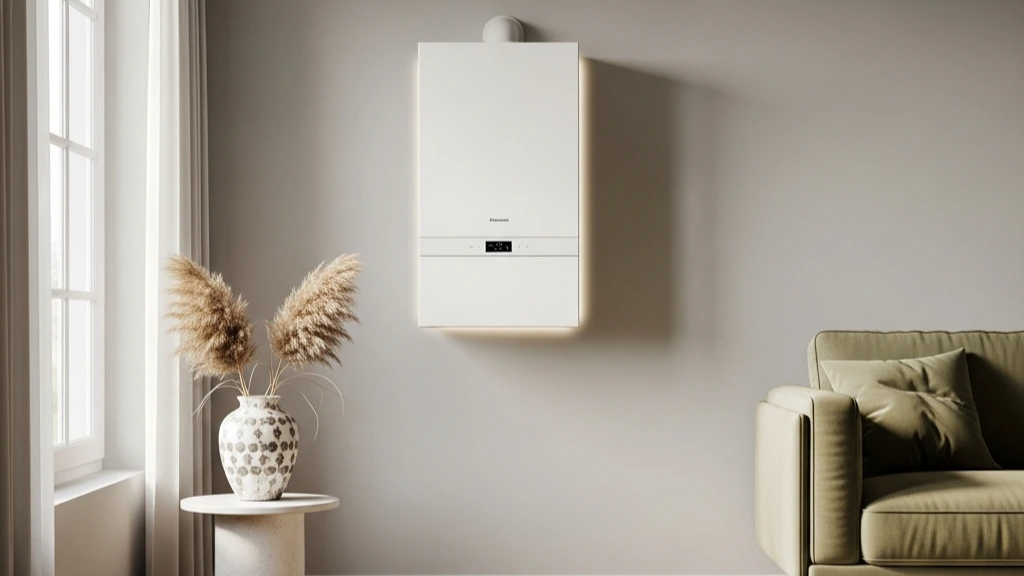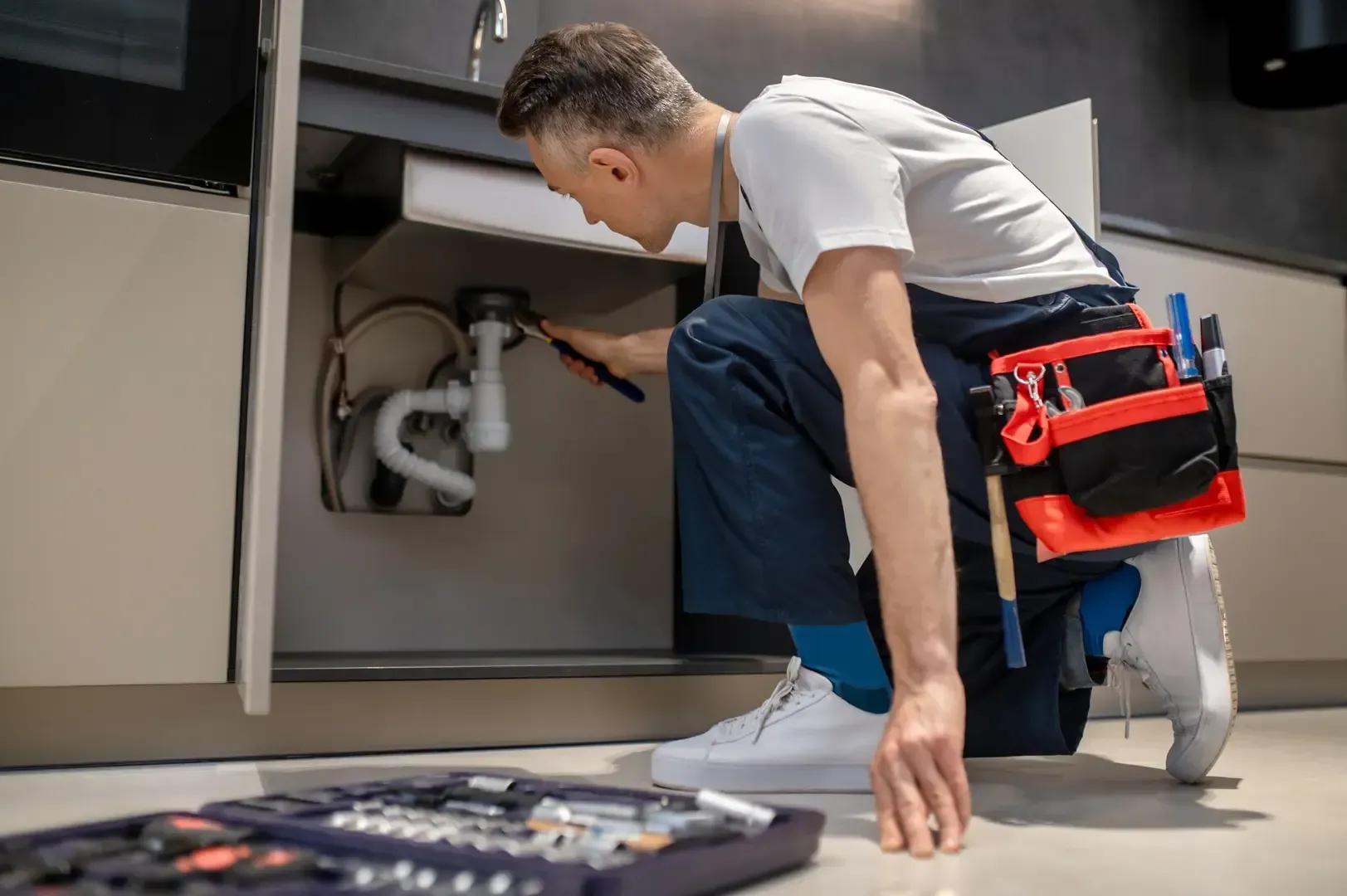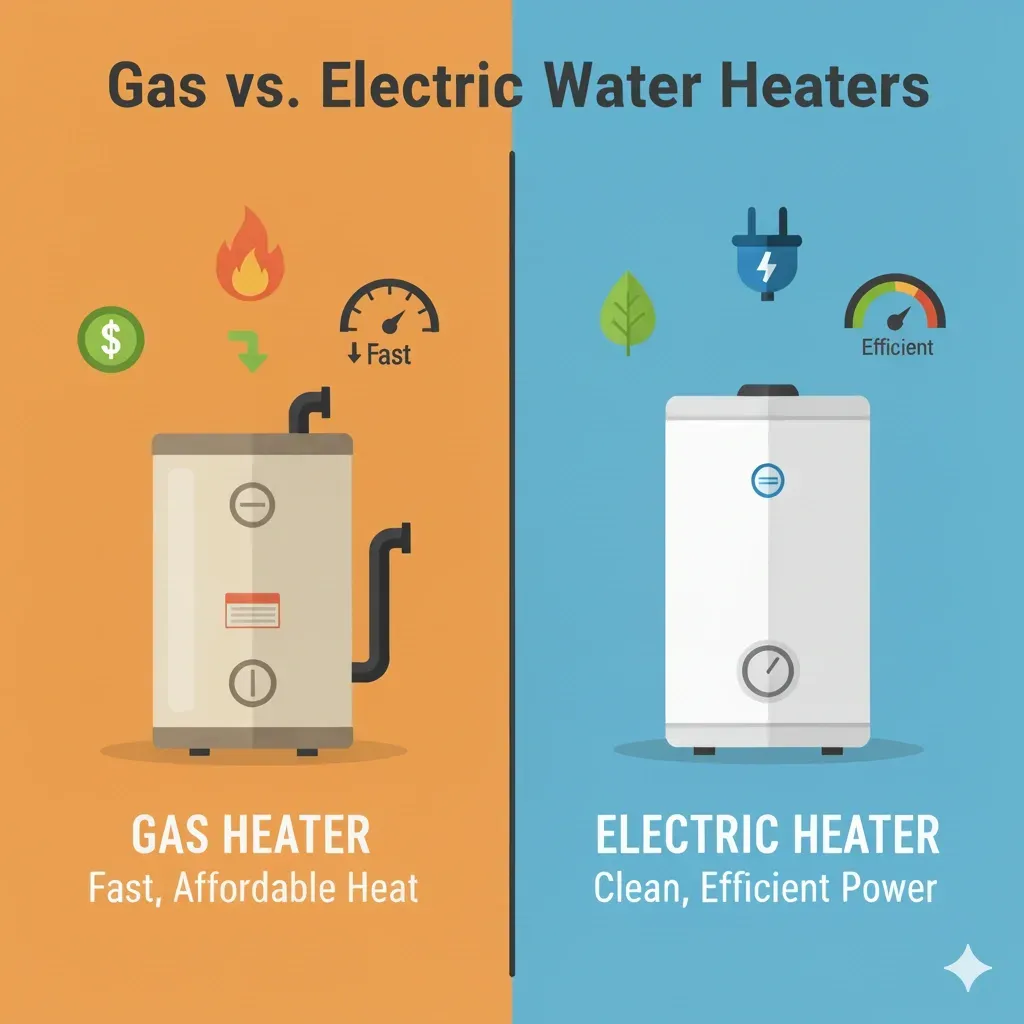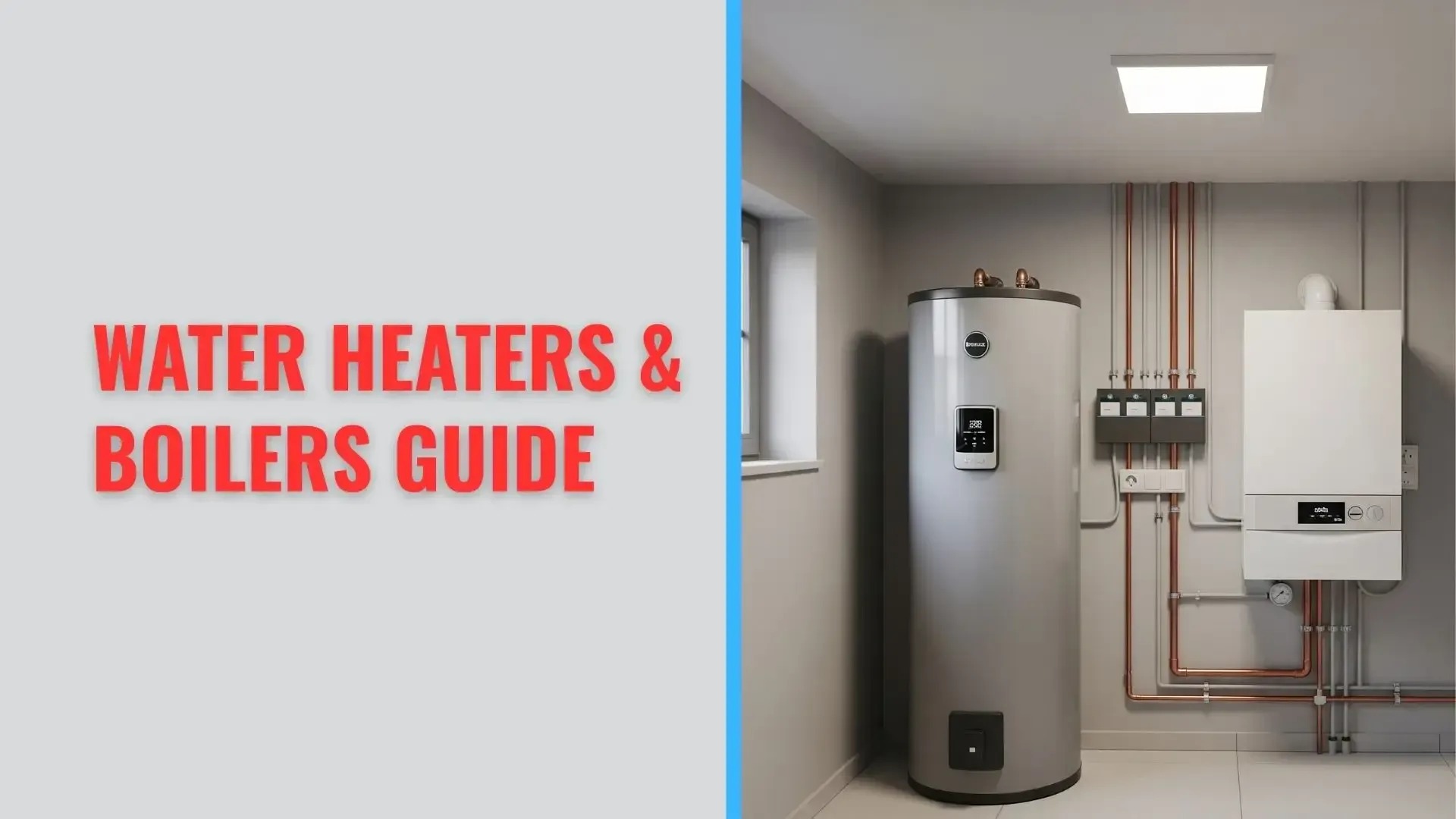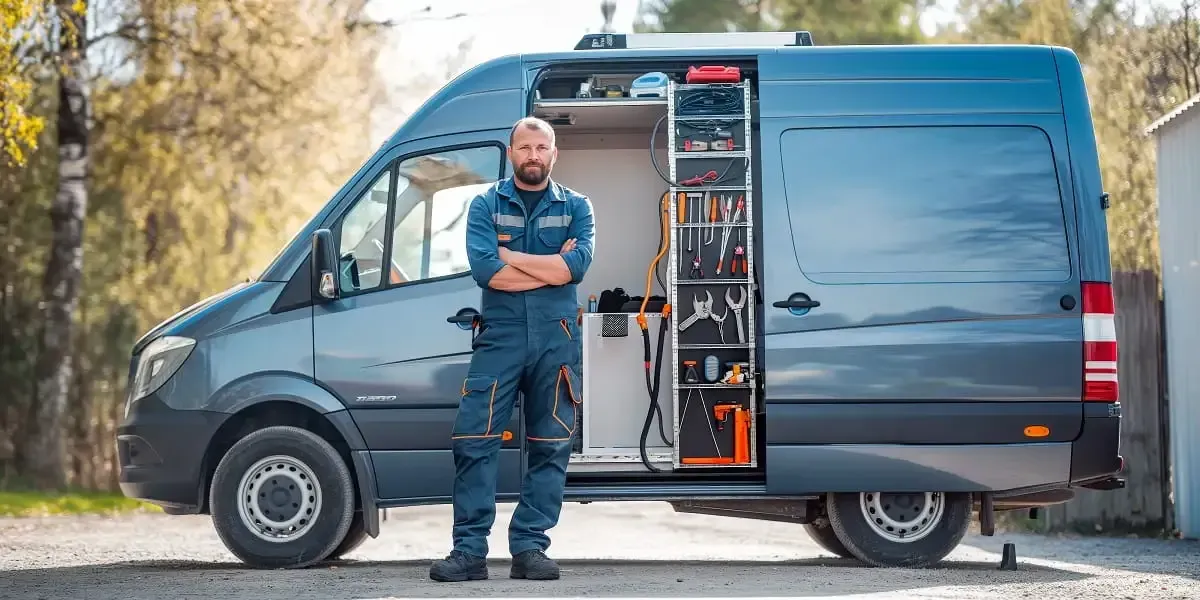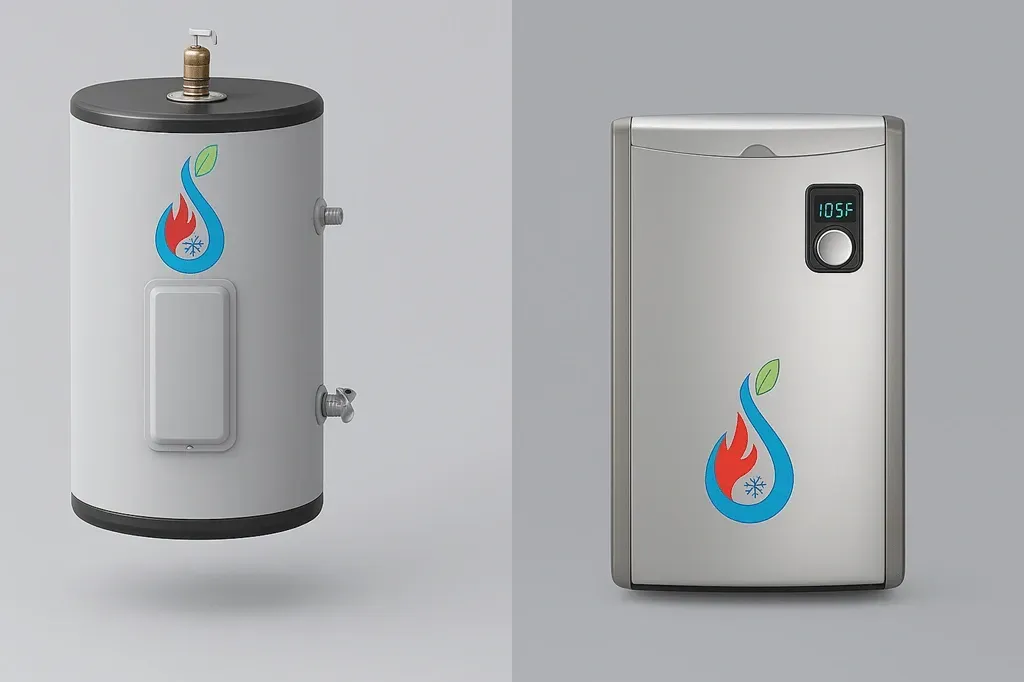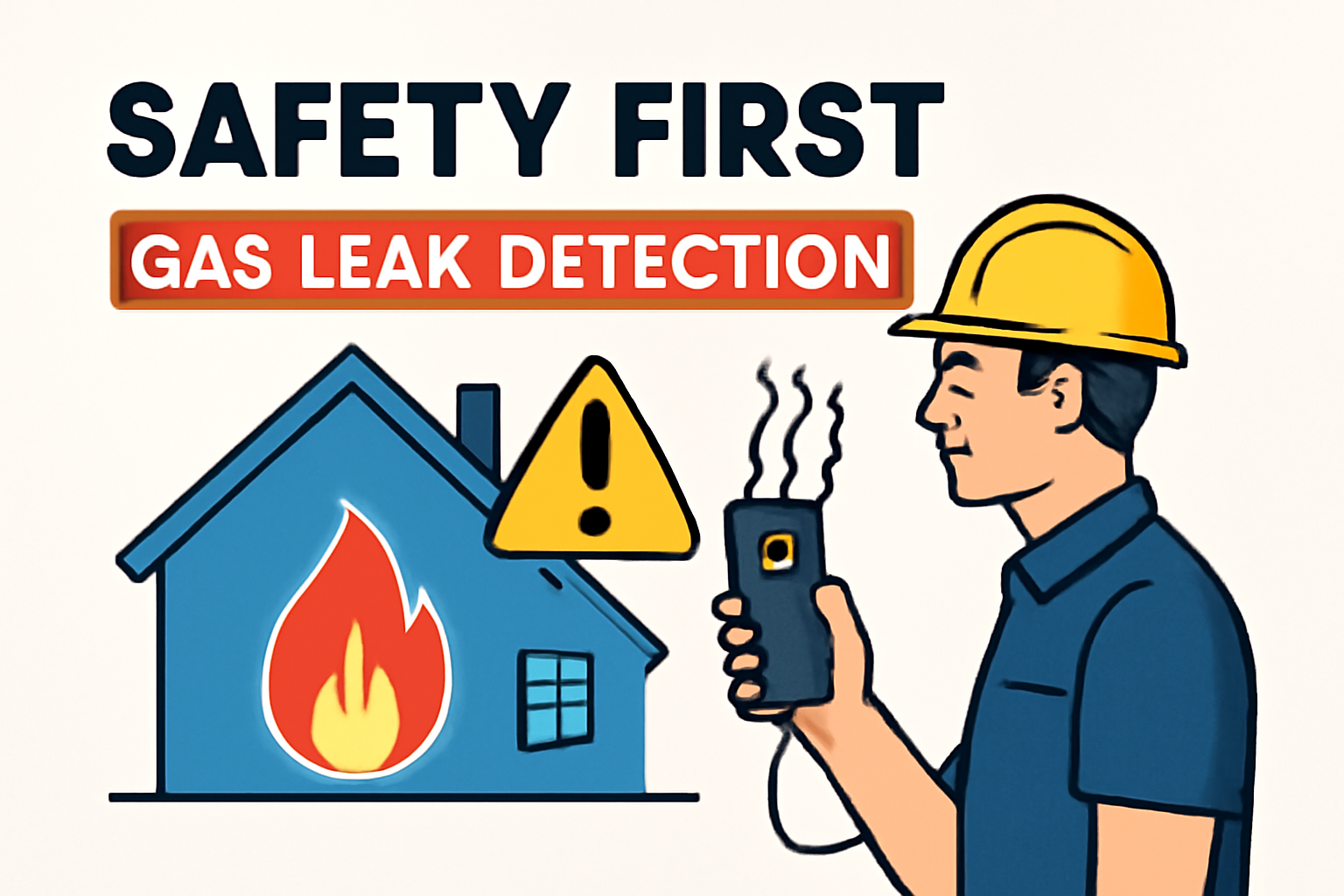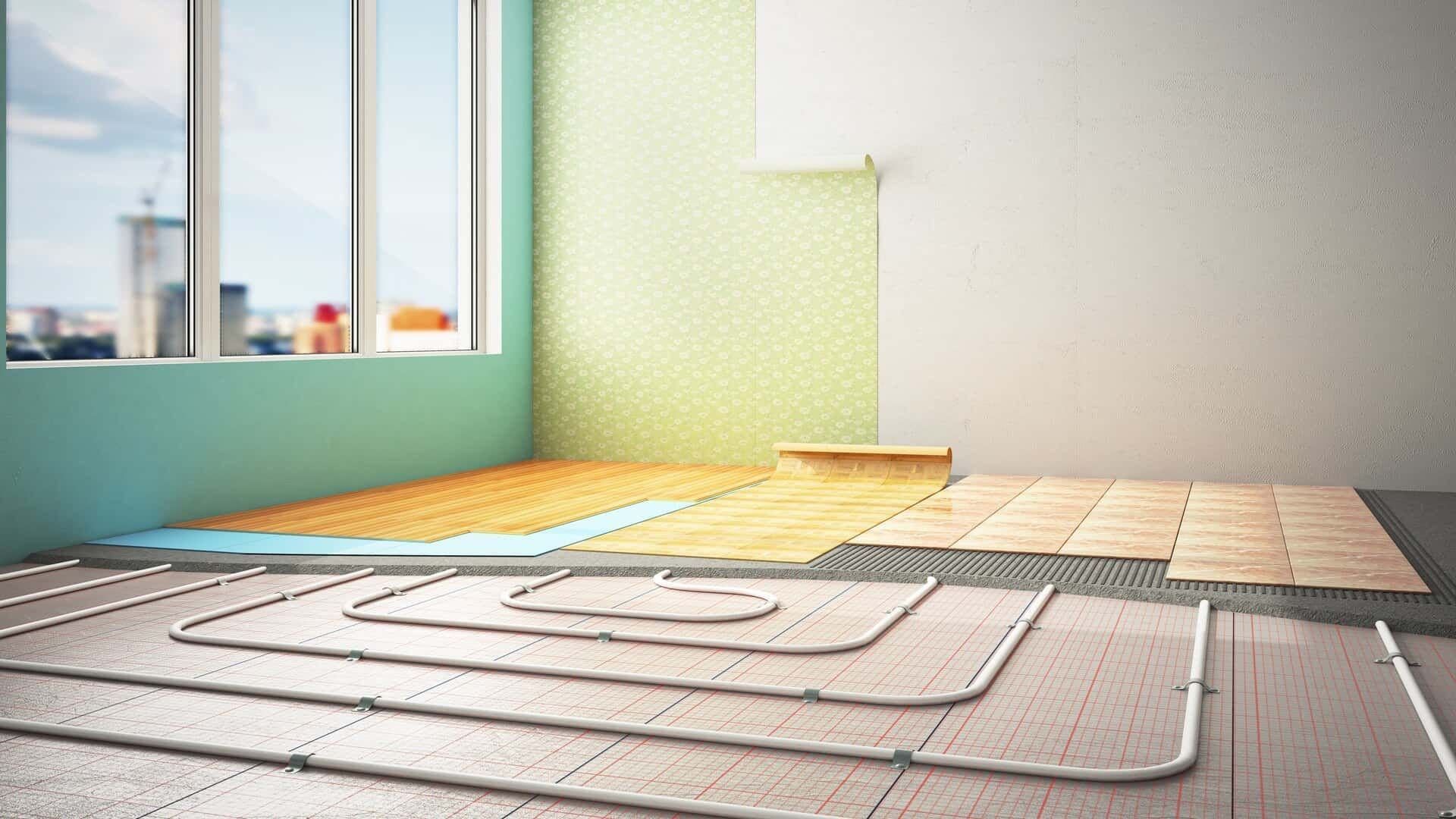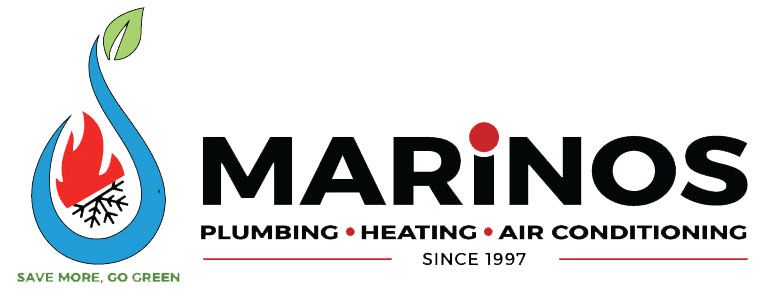Call or Text Us: 780-953-2863 | Service Area: Office locations in Fort Saskatchewan and Redwater, but also serving surrounding areas.
Blog
Have Questions? Call or Text Us!
Office locations in Fort Saskatchewan and Redwater, but also serving surrounding areas.
Contact Us
Service Areas: Edmonton, Fort Saskatchewan, Sherwood Park, Gibbons, St Albert, Sturgeon County, Redwater and Strathcona County
Phone: 780-953-2863
Quick Links
Featured Services
Powered by Prevail Marketing copyright 2025
